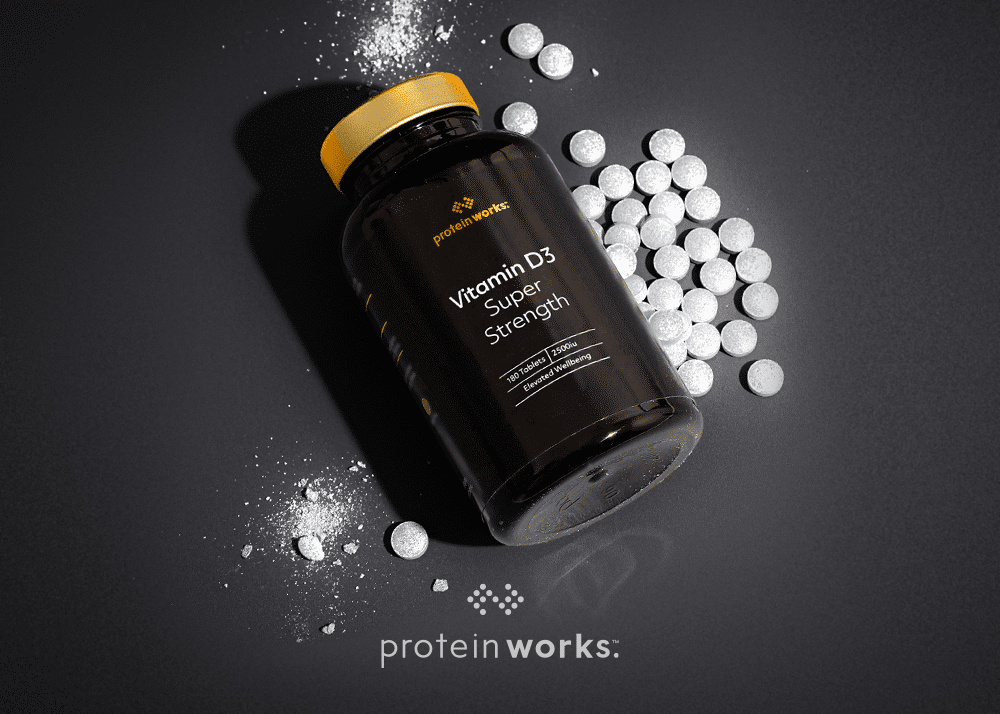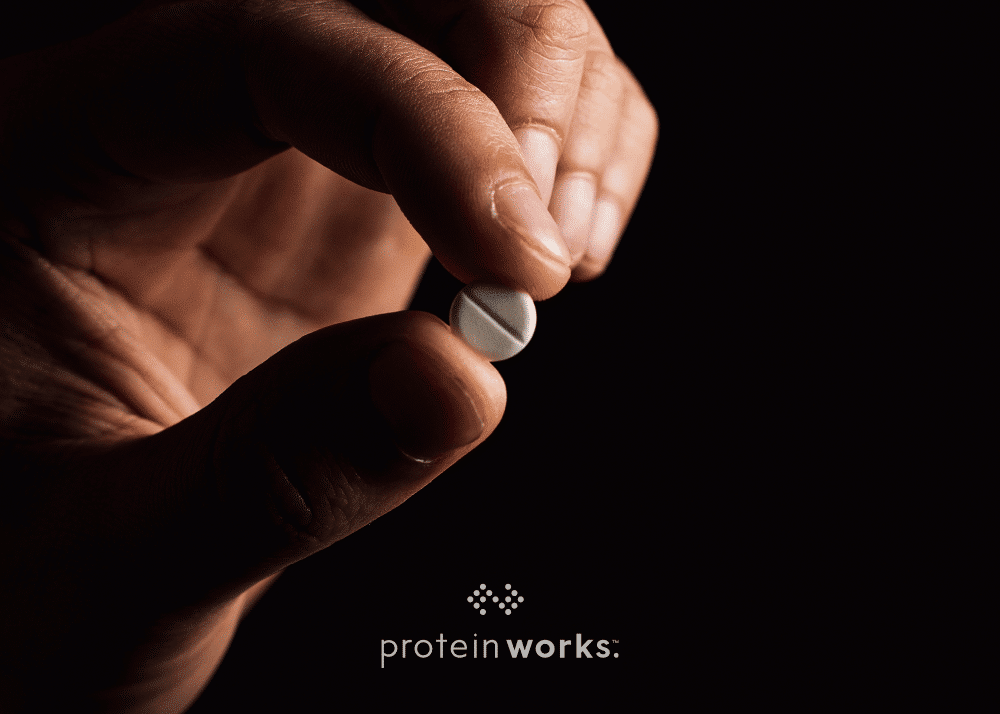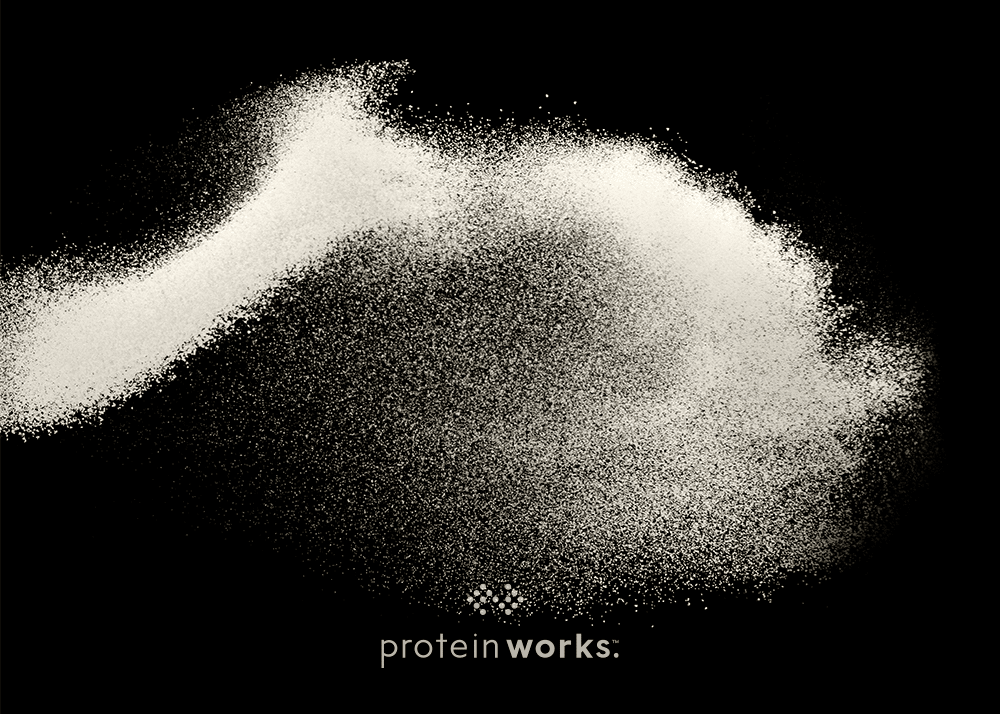
Carnitine: Under The Microscope
Carnitine is a naturally occurring amino acid usually ingested through meat (and to a lesser extent dairy), supplemented in pill/liquid/powder form, or synthesised in the body through the EAAs lysine and methionine. Its biological functions can largely be expressed through the term “energy production”, but its functions as a supplement are somewhat less concisely expressed. Carnitine is a bit of a powerhouse in the nutritional game. So let’s look at what the research says about carnitine (in its various forms) with regard to performance, recovery, and body composition.
Performance:
Wall’s (2011) study on l-carnitine supplementation [1] showed a capacity to increase basically every aspect of performance, including a significant reduction in R.P.E. (Rate of Perceived Exertion) and a nice N.O. boost as bonus. The GPC form (harder to get hold of) can add to the impressive list of ergogenic effects that of increased power-output, but the L-form will suffice.
Multiple studies (most of them headed by Malaguarnera, the “carnitine-king”) have considered the effect of the ALCAR form (Acetyl L-Carnitine) on ammonia levels in the body. In theory, a reduction in the extant metabolites of amino acids would result in an improvement in endurance, which is why it’s brilliant that the four studies at hand [2-5] showed exactly this. Carnitine supplementation should therefore result in an improved workout.
Recovery:
Carnitine is perhaps most remarkable in the very breadth of its impact. Its benefits are not limited to the workout itself, but rather stretch beyond the final rep to the hours and days that follow; multiple studies [6-8] have observed a significant reduction in muscle soreness (self-reported) and in the biomarkers of muscle damage (e.g. creatine kinase) – a reduction that outperforms placebo in both degree and speed. Recovery will see an increase in speed with good supplementation of carnitine (in this case, of LCLT, L-Carnitine L-Tartrate).
Body composition:
The paltry few good studies [14-15] that have looked into this effect of carnitine have been very positive, but the participants have been too elderly (60+ and 100+ respectively) to make the results necessarily generalizable to wider populations. Speculatively, tentatively, we may say that they are – especially considering the documented positive effect on insulin sensitivity (and blood glucose/glucose control) that we know carnitine has [16-19]. Carnitine may well induce fat loss on its own and it at least improves the hormonal profile of someone with the goal of body recomposition.
Bonus point: Fertility
A combination of carnitine forms [9-11] and even L-carnitine alone [12-13] have shown themselves to be potent improvers of sperm quality, and Alpha GPC of enhancing erections. So, if you’re “trying” (take that as you wish), carnitine may be of use to you too.
References:
1. Wall et al (2011). Chronic oral ingestion of L-carnitine and carbohydrate increases muscle carnitine content and alters muscle fuel metabolism during exercise in humans. J Physiol. 2011 Feb 15;589(Pt 4):963-73.
2. Malaguarnera et al (2011). Acetyl-L-carnitine improves cognitive functions in severe hepatic encephalopathy: a randomized and controlled clinical trial. Metab Brain Dis. 2011 Dec;26(4):281-9.
3. Malaguarnera et al (2011). Oral acetyl-L-carnitine therapy reduces fatigue in overt hepatic encephalopathy: a randomized, double-blind, placebo-controlled study. Am J Clin Nutr. 2011 Apr;93(4):799-808.
4. Broad et al (2008). Carbohydrate, protein, and fat metabolism during exercise after oral carnitine supplementation in humans. Int J Sport Nutr Exerc Metab. 2008 Dec;18(6):567-84.
5. Malaguarnera et al (2008). Acetyl-L-carnitine treatment in minimal hepatic encephalopathy. Dig Dis Sci. 2008 Nov;53(11):3018-25.
6. Volek et al (2002). L-Carnitine L-tartrate supplementation favorably affects markers of recovery from exercise stress. Am J Physiol Endocrinol Metab. 2002 Feb;282(2):E474-82.
7. Kraemer et al (2003). The effects of L-carnitine L-tartrate supplementation on hormonal responses to resistance exercise and recovery. J Strength Cond Res. 2003 Aug;17(3):455-62.
8. Spiering et al (2008). Effects of L-carnitine L-tartrate supplementation on muscle oxygenation responses to resistance exercise. J Strength Cond Res. 2008 Jul;22(4):1130-5.
9. Balercia et al (2005). Placebo-controlled double-blind randomized trial on the use of L-carnitine, L-acetylcarnitine, or combined L-carnitine and L-acetylcarnitine in men with idiopathic asthenozoospermia. Fertil Steril. 2005 Sep;84(3):662-71.
10. Sigman et al (2006). Carnitine for the treatment of idiopathic asthenospermia: a randomized, double-blind, placebo-controlled trial. Fertil Steril. 2006 May;85(5):1409-14.
11. Lenzi et al (2004). A placebo-controlled double-blind randomized trial of the use of combined l-carnitine and l-acetyl-carnitine treatment in men with asthenozoospermia. Fertil Steril. 2004 Jun;81(6):1578-84.
12. Lenzi et al (2003). Use of carnitine therapy in selected cases of male factor infertility: a double-blind crossover trial. Fertil Steril. 2003 Feb;79(2):292-300.
13. Moradi et al (2010). Safety and efficacy of clomiphene citrate and L-carnitine in idiopathic male infertility: a comparative study. Urol J. 2010 Summer;7(3):188-93.
14. Malaguarnera et al (2007). L-Carnitine treatment reduces severity of physical and mental fatigue and increases cognitive functions in centenarians: a randomized and controlled clinical trial. Am J Clin Nutr. 2007 Dec;86(6):1738-44.
15. Pistone et al (2003). Levocarnitine administration in elderly subjects with rapid muscle fatigue: effect on body composition, lipid profile and fatigue. Drugs Aging. 2003;20(10):761-7.
16. Malaguarnera et al (2010). L-carnitine supplementation to diet: a new tool in treatment of nonalcoholic steatohepatitis–a randomized and controlled clinical trial. Am J Gastroenterol. 2010 Jun;105(6):1338-45.
17. Ruggenenti et al (2009). Ameliorating hypertension and insulin resistance in subjects at increased cardiovascular risk: effects of acetyl-L-carnitine therapy. Hypertension. 2009 Sep;54(3):567-74.
18. Gonzalez-Ortiz et al (2008). Effect of oral L-carnitine administration on insulin sensitivity and lipid profile in type 2 diabetes mellitus patients. Ann Nutr Metab. 2008;52(4):335-8.
19. Molfino et al (2010). Caloric restriction and L-carnitine administration improves insulin sensitivity in patients with impaired glucose metabolism. JPEN J Parenter Enteral Nutr. 2010 May-Jun;34(3):295-9.







No Comments yet!